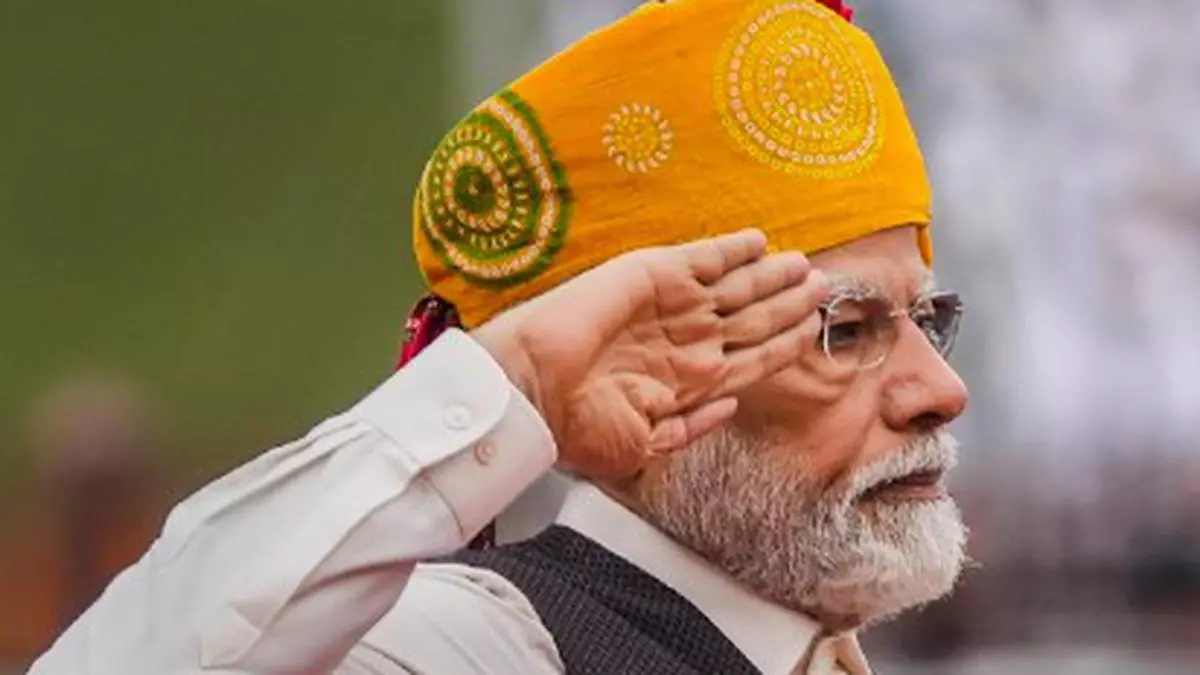Indian PM says women self-help groups will be given drones; new scheme soon
The Centre will soon announce a scheme to provide drones to women self-help groups (SHGs) as part of a larger objective to make village women earn at least ₹1 lakh per year. However, it is not clear whether the drones will be offered with a subsidy or free of cost or on loan.
An official statement by the PMO said women SHGs would be given loans and training for operating and repairing drones.
On Independence Day, Prime Minister Narendra Modi said t 10 crore women are already involved in SHGs. “My dream is to create a base of 2 crore lakhpati didis (members of women SHGs) in the villages… I am thinking of a new scheme that will train the sisters of Women SHGs with the integration of technology in our agriculture sector thereby strengthening our agritech.
- Also read: I will give an account of the country’s achievements on next August 15 from Red Fort: PM Modi
Makers upbeat
“We will give skill training to women and train them to operate as well as repair drones. The Government of India will provide drones to thousands of such Women SHGs. We will initiate making drone services available for our agricultural work. To begin with, we will start building 15,000 Women SHGs which will give flight to the dream of enabling a robust drone training mission,” he said.
While drone manufacturers are upbeat about announcing a new scheme as it will boost their sales, some of the farmers who have turned service providers also do not see any competition for the next 10 years as the sector has large scope to absorb more service providers.
“The announcement of providing drones to 15,000 SHGs, training them to fly and repair, will revolutionalise India’s agriculture landscape and will give more power to women,” said Deepak Bhardwaj, co-founder and director of IoTechWorld Avigation, a leading agri-drone manufacturer. It is likely to speed up the adoption of drone technology in agriculture and will lead to substantial employment generation and agri-business opportunities in rural areas, Bhardwaj said.
Jatinder Kaushik of Guru Drone, a start-up in Haryana’s Kurukshetra, said the scope of drones is good as demand has just started and it will take another 10 years to mature when the competition will be there. Currently, service providers charge ₹300-600/acre depending on crop and chemicals sprayed, he said.
“At least 2-3 drones will be required to cover a village having about 2,000 acres of land as they need average five sprays per year,” said Kaushik, who has 12 drones and currently covers 2-3 districts. He said when demand grows up may be the area of operation will come down as now pilots of his firm spend a lot of time travelling due to the large distance between villages from where demand is coming up.
